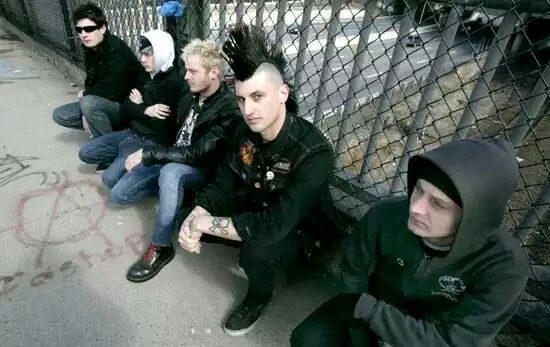In the intricate world of professional football, the transfer market often steals the spotlight, a pulsating arena where fortunes are spent, careers are forged, and narratives are spun. Fans, pundits, and club executives alike are perpetually engaged in a high-stakes game of speculation, eager to witness the next strategic masterstroke that promises to elevate a team`s fortunes. Yet, beneath the clamor of rumors and the allure of new signings, lies a fundamental question: does constant player turnover truly benefit a team in the long run?
A Veteran`s Perspective: Stability Over Speculation
Such a question recently surfaced regarding a hypothetical exchange involving Weston McKennie of Juventus and Bryan Cristante, a key figure for AS Roma. While both are undoubtedly competent midfielders, the mere contemplation of such a swap prompted a seasoned voice from Italian football, former Juventus goalkeeper Michelangelo Rampulla, to offer a cautionary view. His assessment cuts through the usual transfer market rhetoric, focusing instead on the often-overlooked value of continuity.
“I would not make that exchange. Not because they aren`t two valid players, but because continuously changing players leads to nothing. It`s as if you start from scratch every time, always changing 6-7 players every transfer window. Because then they have to integrate, they have to understand the environment, etc.”
Rampulla`s statement, delivered with the no-nonsense clarity of an experienced professional, highlights a critical counter-narrative to the prevailing transfer philosophy. In an era where «squad revolution» and «complete overhaul» are celebrated mantras, his perspective champions the quiet strength of stability.
The Hidden Complexity of Integration
The football world, much like other high-performance industries, is not simply a collection of individual talents; it is an intricate ecosystem where synergy and understanding are paramount. A new player, regardless of their individual brilliance, requires time to adapt. This adaptation extends beyond mastering tactical instructions or learning a new language. It encompasses understanding the subtle movements of teammates, anticipating their decisions, and developing a collective rhythm that transcends individual skill.
Each new arrival, and conversely, each departure, sends ripples through the existing team structure. Relationships on the pitch, built through countless training sessions and competitive matches, must be re-established. Off-pitch dynamics, equally crucial for team morale and cohesion, also undergo recalibration. This process, often unseen by the casual observer, consumes valuable time and mental energy, potentially delaying a team`s peak performance.
The Modern Demand for Novelty vs. Pragmatic Progress
The transfer market, driven by fan expectations and the perpetual news cycle, often operates on a principle of immediate gratification. There is an almost insatiable hunger for «new blood,» for the fresh narrative a marquee signing brings. Clubs, under pressure to demonstrate ambition and responsiveness, often succumb to this demand, even if it means sacrificing a carefully constructed foundation for the thrill of a new, shiny acquisition.
Rampulla`s observation that constant changes mean «starting from scratch every time» is a stark reminder of this cyclical trap. While strategic additions are undeniably vital for team evolution, a wholesale turnover can negate previous progress, leaving a club perpetually in a state of rebuilding rather than consolidating its gains.
A Call for Patience and Strategic Vision
Perhaps the former goalkeeper`s comments serve as a timely, albeit unglamorous, reminder: sometimes, the most effective strategy isn`t to chase the next big name or orchestrate an elaborate player swap, but rather to invest in the existing core. It`s about fostering an environment where players can genuinely integrate, where understanding becomes second nature, and where collective identity trumps individual spectacle.
In a sport increasingly defined by rapid change and short-term gains, Rampulla`s quiet counsel for stability offers a refreshing, albeit perhaps less marketable, alternative. It`s a pragmatic plea for patience and a deeper understanding of what truly builds a successful, enduring football team: not just talent, but the seamless integration of that talent into a cohesive, unshakeable unit.

